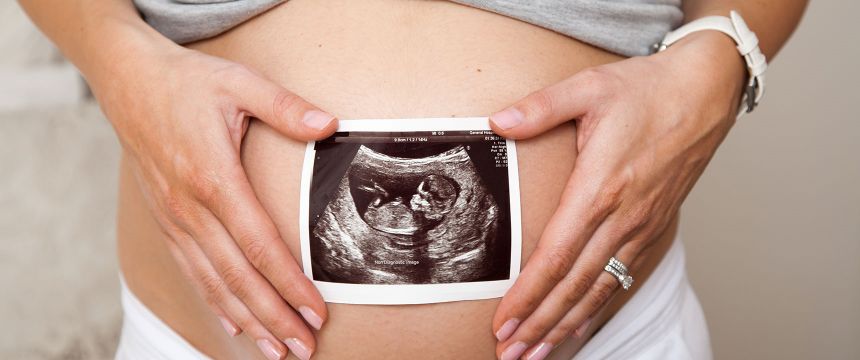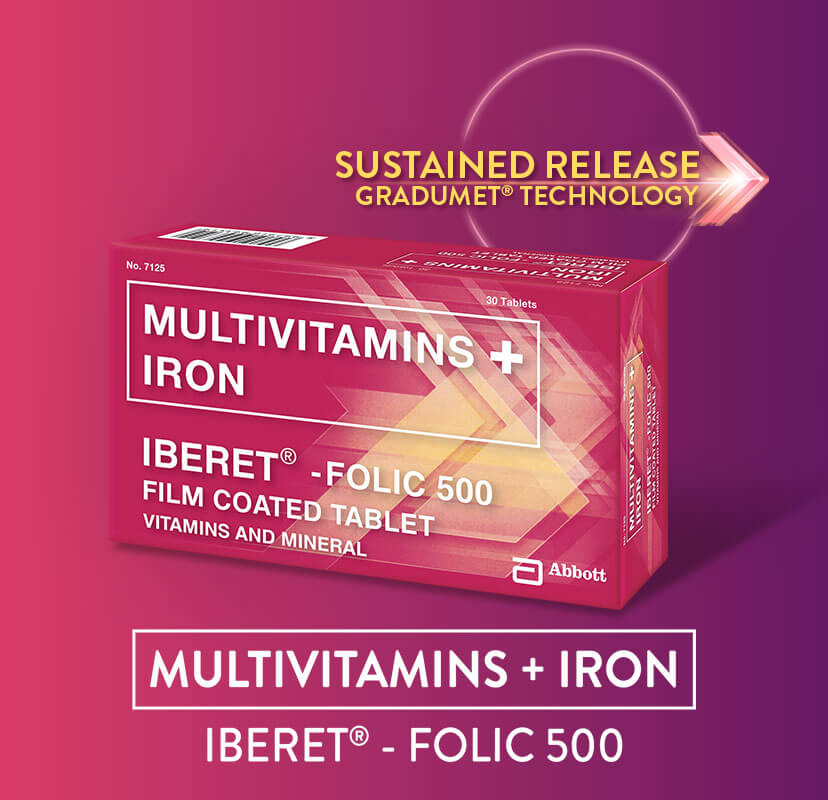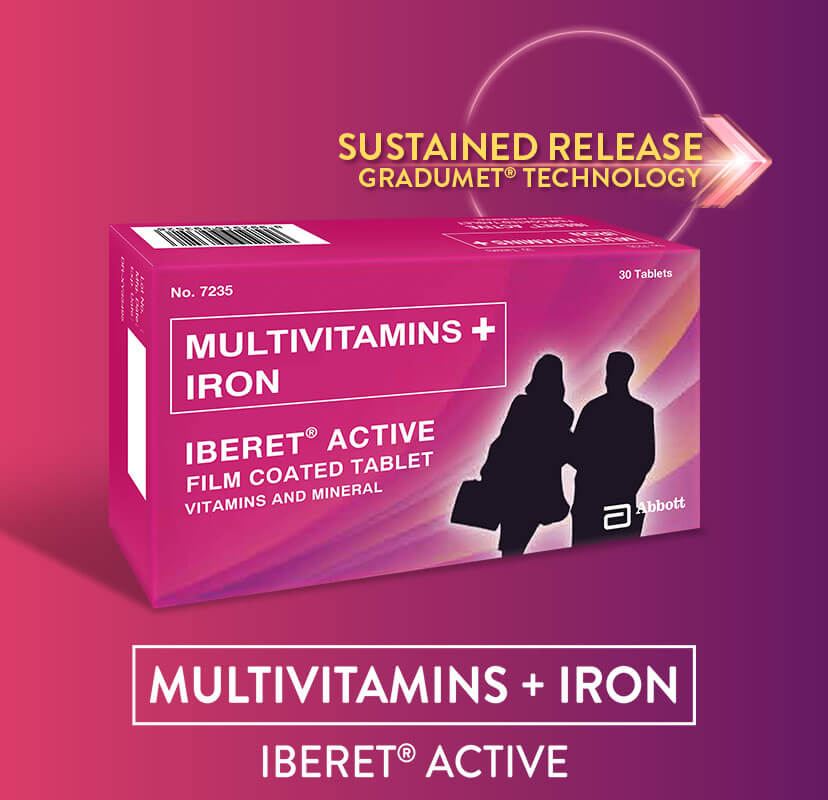Folate or vitamin B9 is an essential nutrient required for the growth and development of the fetus.1 Therefore, folate demand is higher in pregnant women. It is not synthesized by our body and is exclusively obtained from the diet.1 Folate-rich foods include leafy green vegetables, dark green vegetables, legumes, egg yolk, liver, and citrus fruits.1,2 The synthetic form of folate is called folic acid and it is present in fortified foods and supplements.1 WHO recommends 400 mg folic acid daily to all pregnant women from before conception until they are breast-feeding.3 It is usually given in combination with iron because both iron and folate deficiencies are common during pregnancy. Read all about your iron requirements in Iron-Rich Foods to Combat IDA During Pregnancy.

Heard about neural tube defects (birth defects of the brain and spine) caused by folate deficiency? That’s not all. Folate deficiency during pregnancy can lead to preterm birth, low birth weight of your baby and affect fetal growth. It can also cause spontaneous abortion and pregnancy complications.4 Sounds scary? It is!
Folic acid supplementation in the first trimester protects your fetus from birth defects.1 In fact, continuing the supplements in the second and third trimesters will improve the intellectual performance of your child and provide other brain development benefits.5,6 It may also reduce the chances of preterm birth.1
Another cause of neural tube defects is vitamin B12 deficiency.7 In fact, folic acid supplementation can mask vitamin B12 deficiency and it may go unnoticed. Therefore, you should consider your vitamin B12 requirements too.
With an understanding of all the nutrients at play, Multivitamins + Iron (Iberet® -Folic 500) has iron, folic acid and vitamin B complex and is specifically designed to meet your nutritional requirements during pregnancy. Pregnancy is hard work; lighten your load by making the right nutritional choices!
Reference:
1Greenberg JA, Bell SJ, Guan Y, Yu Y-H. Folic Acid supplementation and pregnancy: more than just neural tube defect prevention. Rev Obstet Gynecol. 2011;4(2):52-59.
2Chan Y-M, Bailey R, O’Connor DL. Folate. Adv Nutr. 2013;4(1):123-125. doi:10.3945/an.112.003392.
3WHO Recommendations on Antenatal Care for a Positive Pregnancy Experience. World Health Organisation; 2017.
4Scholl TO, Johnson WG. Folic acid: influence on the outcome of pregnancy. Am J Clin Nutr. 2000;71(5):1295S-1303S. doi:10.1093/ajcn/71.5.1295s.
5Gao Y, Sheng C, Xie R, et al. New Perspective on Impact of Folic Acid Supplementation during Pregnancy on Neurodevelopment/Autism in the Offspring Children – A Systematic Review. PLoS One. 2016;11(11):e0165626
6McNulty H, Rollins M, Cassidy T, et al. Effect of continued folic acid supplementation beyond the first trimester of pregnancy on cognitive performance in the child: a follow-up study from a randomized controlled trial (FASSTT Offspring Trial). BMC Med. 2019;17(1):196. doi:10.1186/s12916-019-1432-4.
7Kirke PN, Molloy AM, Daly LE, Burke H, Weir DG, Scott JM. Maternal plasma folate and vitamin B12 are independent risk factors for neural tube defects. Q J Med. 1993;86(11):703-708.







